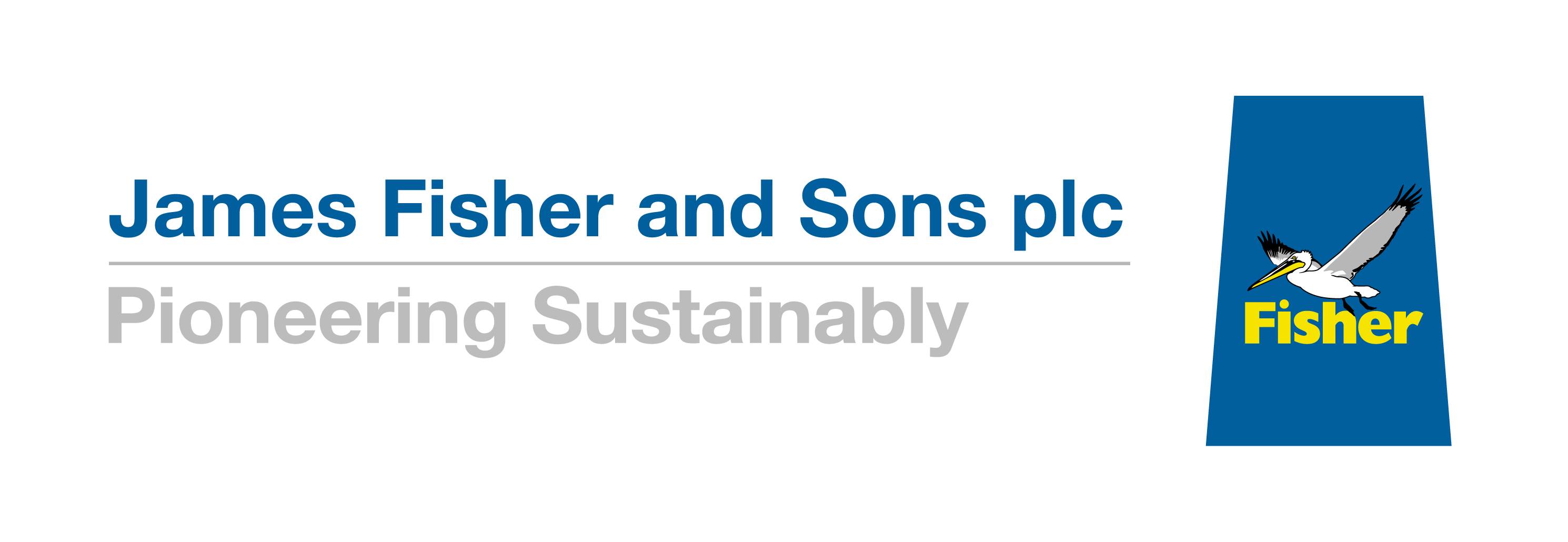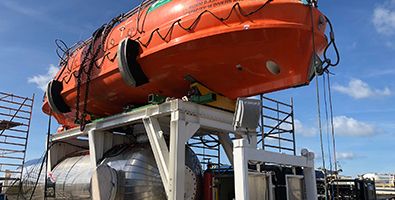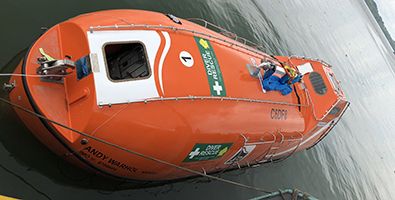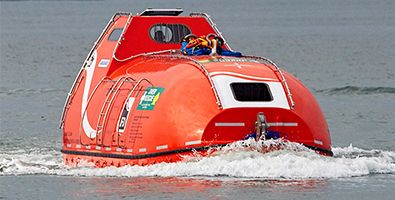- Products
- Commercial divers’ equipment
- Compasses and watches
- Defence divers’ equipment
- Diving instrumentation
- Electrical diving equipment
- Escape and abandonment
- Gas and fluid systems
- Medical and safety equipment
- Recompression chambers
- Submarine intervention
- Submarine rescue
- Tactical Diving Vehicles
- Ansti testing equipment
- Services
- Consultancy and personnel
- Engineering services
- Rescue and support
- Testing services
- Training services
- Ancillary dive gear
- Commercial equipment and tools
- Commercial helmets, masks and SCUBA
- Commercial rebreathers
- Commercial surface supply
- Diver's suits and harnesses
- Contaminated water diving system
- BIBS manifold block
- Divex back pressure regulator
- Divex interlock
- Hy-Fex hyperbaric fire extinguisher
- Hyperbaric flame detector
- Hyperlite hyperbaric stretcher
- Oxygen kits
- Ultralite 2 BIBS mask
- InVicto ventilator system
- DSAR rescue vehicles
- Launch and recovery systems
- Multi-role launch and recovery system
- Submarine rescue bell
- Client representatives
- Dive and ROV system audits
- Diving technical expertise
- Offshore personnel
- Rescue certification
- Remote audit solution
- Altitude testing and trials
- Hyperbaric welding
- Pressure testing and trials
- Test tank
- Breathing laboratory
- Commercial development courses
- Defence training courses
- Medical training courses
- Product specific courses
- Online training courses
- Classroom training FAQ
- Case Study: Roger Chapman Pisces III
- Case Study: HMS Edinburgh
- ANSTI CSTF
- Akademik Tofiq Ismayilov (ATI)
- Archive
- PRESS RELEASE: Andrew Bowie MP visits JFD Westhill to see a global success story in the underwater industry
- JFD secures contract with TechnipFMC
- JFD Australia Demonstrates Its World Leading Submarine Rescue System
- PRESS RELEASE: JFD showcases 42 years of subsea innovation to His Majesty, King Charles III
- Archive
- Divulged - Winter 2017
- Divulged - Summer 2017
- Divulged - Winter 2016
- Divulged - Summer 2018
- Divulged - Winter 2018
- Divulged - Winter 2019
- Divulged 2021 Edition 1
- UDT 2019
- Visit JFD at UI 2016
- Visit us at OTC Asia 2018
- Visit JFD on stand 338 at Underwater Intervention 2018
- JFD is exhibiting at ONS 2018
- JFD is exhibiting at OSEA 2018
- Join JFD at IDEX 2019
- See JFD at Subsea Expo 2019
- JFD takes on BALT Military Expo
- JFD presents complete defence offering at UDT 2018 in Glasgow
- Join JFD at ADIPEC 2018
- Visit JFD at Pacific 2017
- Visit JFD at MSPO 2018 in Poland
- JFD presenting at UDT conference
- JFD is exhibiting alongside James Fisher Nigeria at NOG
- JFD exhibiting at UDT 2016
- Visit JFD at Underwater Intervention 2019
- JFD is participating at Underwater Defence & Security
- See JFD at this year’s IMCA Annual Seminar
- JFD is exhibiting at LAAD Defence & Security 2019
- JFD LEXMAR is exhibiting at OSEA 2016
- JFD is exhibiting at Subsea Expo 2017
- Visit JFD at Indo Defence 2018 Expo and Forum
- Visit JFD on stand 403 at Underwater Intervention 2017
- JFD exhibiting at Europoltech
- JFD at IMDEX
- Visit JFD at UDT 2017
- Visit JFD at DSEI 2017
- JFD is exhibiting at OTC 2018
- JFD is exhibiting at Subsea EXPO 2018
- JFD is exhibiting at Sea Air Space 2018
- Visit JFD at DSA 2018
- See JFD at Defexpo 2018
- JFD is exhibiting at ADIPEC 2017
- Come see JFD at DSEI!
- See JFD at IMDEX Asia 2019
- JFD is at Oil & Gas Asia 2019
- Experience DSEI with JFD
- See JFD's full defence capability at MSPO 2019
- JFD is exhibiting at this year's Offshore Europe
- Visit us on stand 2S16 at Pacific
- See JFD at ADIPEC on stand 13572
- Explore our commercial capabilities at Bergen International Diving Seminar
- JFD showcasing commercial and defence capabilities at Underwater Intervention
- JFD exhibiting alongside James Fisher Offshore at Subsea Expo
- Visit our stand at DSEI 2021!
- Join JFD at Subsea Expo 2022
- Visit JFD Australia at Indo Pacific 2022
- JFD North America is exhibiting at SOFIC 2022
- Experience CNE 2022 with JFD
- Discover JFD at UDT 2022
- Join JFD at GSOF Symposium Europe this October
- PRESS RELEASE: Andrew Bowie MP visits JFD Westhill to see a global success story in the underwater industry
- JFD secures contract with TechnipFMC
- JFD Australia Demonstrates Its World Leading Submarine Rescue System
- PRESS RELEASE: JFD showcases 42 years of subsea innovation to His Majesty, King Charles III
- Archive
Release date: 10 July 2019
JFD successfully completes portable HRF mating trials for TechnipFMC

JFD, the world leading underwater capability provider serving the commercial and defence diving markets, and part of James Fisher and Sons plc, has successfully completed rigorous mating trials of its latest Portable Hyperbaric Reception Facility (PHRF) for TechnipFMC, a global leader in subsea, onshore, offshore and surface technologies.
The successful completion of the trials, conducted with two of TechnipFMC’s vessels, provides divers with the assurance that every possible measure has been put into place to ensure their safety should there be an incident.
In the event of an emergency evacuation, even once divers have reached the perceived relative safety of onshore via a hyperbaric lifeboat, they still need to undergo a thorough decompression process to safely return to sea level (Surface) before being exposed to atmospheric pressure and prevent suffering the potentially fatal effects of decompression sickness. Although the preferred option may be to transfer saturation divers to a fixed Hyperbaric Rescue Centre (HRC), often due to time constraints, and depending the location of the divers, this can be challenging. As a contingency, a portable HRF capability allows divers to safely begin the decompression process even if they are operating in a remote location.
Over the course of the trials, JFD performed successful mating exercises with the port and starboard Self-Propelled Hyperbaric Lifeboats (SPHL) of TechnipFMC’s vessels Deep Discoverer and Deep Arctic. Testing included lifting the SPHLs from a Harbour and also transported by trailer to the PHRF at the NHC and mating with the PHRF using a precise hydraulic system to ensure there is a solid seal with no leaks, thereby facilitating a safe and effective decompression process. Critically, each separate mating exercise was completed in less than two hours which ensures that divers can be transferred into the PHRF as quickly as possible, an essential aspect of conducting safe and efficient rescue operations, and one that optimises the chances of returning the diver to safety.
Giovanni Corbetta, Managing Director at JFD, commented:
“The health and safety of divers must always be the primary concern for any operation, regardless of how or where it is carried out. In order to protect the lives of divers it is paramount that there are emergency measures in place, supported by the necessary technical capabilities, and that this covers the entire rescue and evacuation process, from deep sea to the shore. This means providing divers with advanced and reliable technical solutions that will allow them to return to safety at pressure and undergo a safe decompression process.
“Incidents that can impact divers, who are often times operating in challenging environments and under difficult conditions, can quickly become life-threatening. Knowing that divers will have access to a PHRF within a short timeframe irrespective of where they are operating offers reassurance that all possible measures have been taken to ensure that divers can safely carry out their operations. These trials are part of an ongoing drive to realise significant improvements in safety standards across the global subsea industry.”
JFD’s portable HRF systems are easily transportable and are designed to suit a variety of hyperbaric lifeboat and HRC configurations to maximise the likelihood of a successful rescue. For over 30 years, JFD has played a key role in advancing hyperbaric rescue capabilities through designing and manufacturing the most capable land based system in the world, as well as proven Portable Hyperbaric Rescue Facilities (HRF) assets. JFD has played a leading role in the provision of hyperbaric reception services having maintained the UK’s only land based fixed HRF, at the National Hyperbaric Centre, since 1987.







